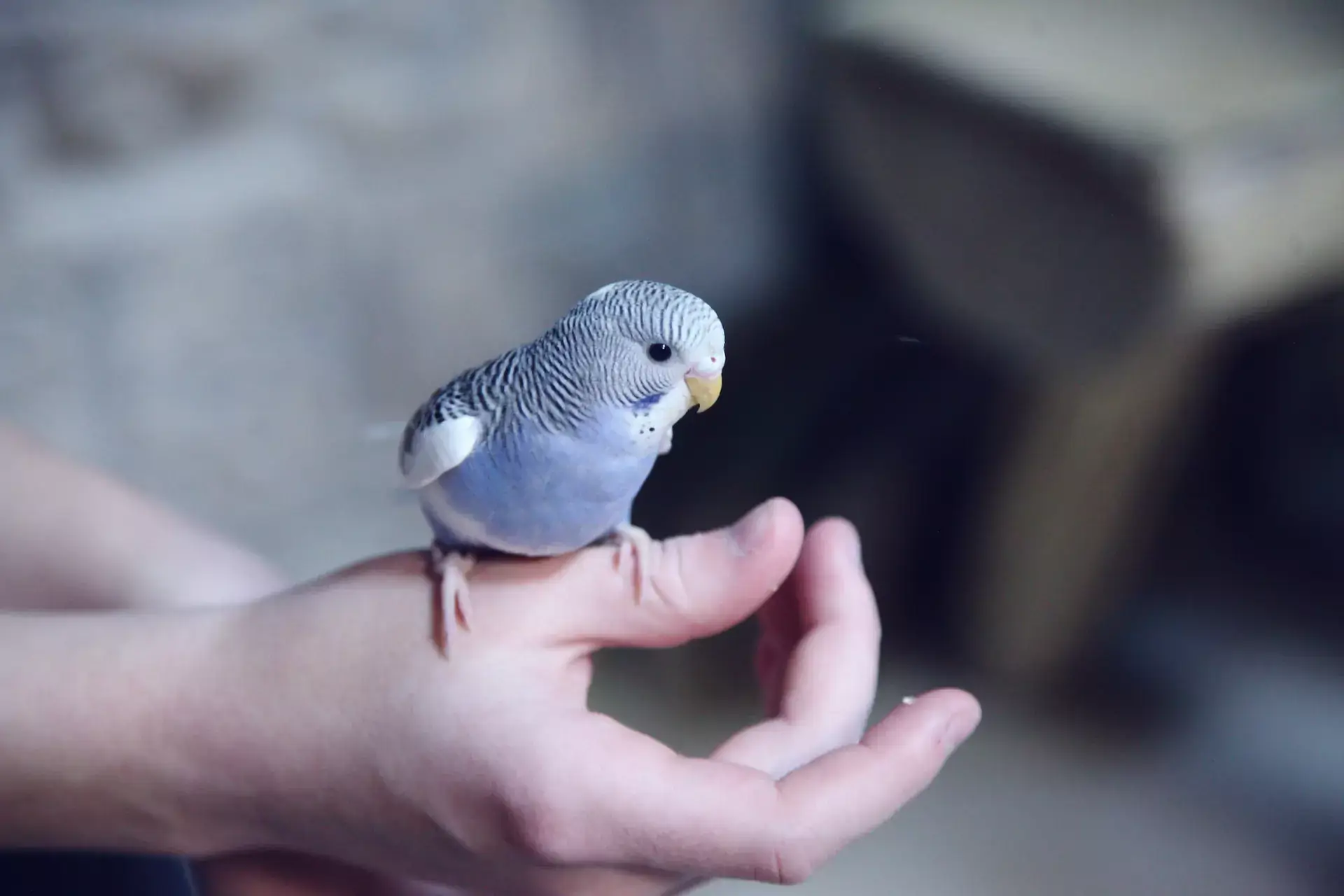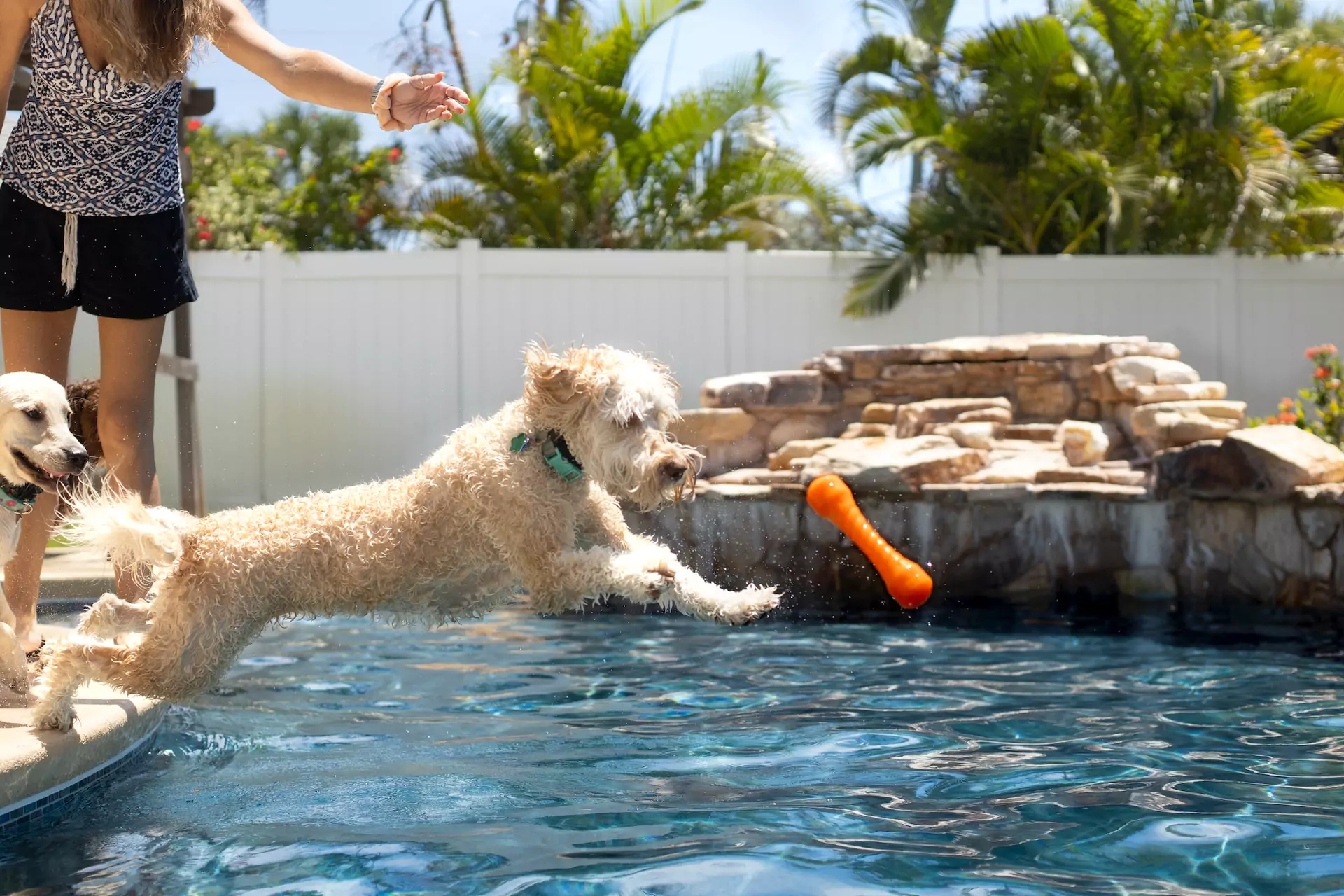January is Adopt A Rescued Bird Month! Adopting a rescued bird can be a beautiful and rewarding experience. Birds are adorable, playful, curious, and often absolutely hilarious. That said, it’s also very important to do some research and make informed decisions before adopting one. Polly has some very specific care needs, so first-time bird owners will face a bit of a learning curve. A local Millstream, BC vet offers some tips on adopting a feathered buddy in this article.
Reasons To Adopt A Rescue Bird
Birds are really fun little pets: They’re not only super cute and personable, they’re also quite cuddly and affectionate! Many of these colorful little fluff balls can sing, or speak, and they also look super cute dancing.
Why opt for a rescue instead of adopting from a breeder? One benefit is that adopting is likely to be cheaper than going to a pet store or breeder. You’ll also be able to get a good idea of Polly’s personality. Aside from all that, it’s also just very satisfying to give a sweet bird a second chance.
That said, it’s important to do a little thinking and a lot of research. While we love seeing birds get second chances, adopting one is a big decision, and not one to take lightly.
Choosing A Rescue Bird
It’s important to pick the bird that is right for you. One thing to keep in mind here is the fact that birds get rehomed for a variety of reasons. In some cases, this is because they are, well, a bit loud. Not everyone wants a pet who will start singing Michael Jackson songs in the middle of the day.
Birds are also sometimes rehomed due to behavioral issues. These often stem from improper care, trauma, or poor socialization. This is sad, because often the problem here is a simple lack of understanding. Many people adopt birds without realizing how much care and attention they require.
Unfortunately, many of our feathered friends that end up in shelters or rescues were rescued from situations where they were neglected. Others have been put up for adoption after the death of their owners, or through other sad circumstances. And then there are birds that were adopted by people who thought they wanted a bird, but later changed their minds.
Try to find out why Polly is up for adoption. A bird that is grieving or recovering from trauma, neglect, or health issues may be a bit too much for a new bird owner.
Things To Consider When Adopting A Bird
Our colorful winged pals have many great qualities. While they don’t take up much space in our homes, they definitely take up huge chunks of our hearts. However, birds do vary wildly in certain things. Breed has a lot to do with this.
Do some research into various breeds, to see what type of bird would suit you best.
Here are some things to look into:
- Space Requirements
- Companionship Requirements
- Volume
- Speech Capacity
- Size
- Life Expectancy
- Trainability
- Friendliness
Ask your Millstream, BC vet for specific advice.
Birds That Are Suitable For First Timers
If you’re a beginner, and you want a rescued bird, you may want to choose a breed that is an easy keeper. A few good beginner birds are the Cockatiel, Budgie, Parrotlet, Pionus Parrot, and Amazon Parrot.
Here are a few good options:
Finches: Unlike other birds, finches live in small flocks, and bond more with their flock mates than with their owners. They’re a good choice for someone who wants a low-maintenance pet.
Budgies: Small, playful, and utterly adorable, Budgies make wonderful pets for children. They don’t require as much room as some of our larger friends, and they are incredibly lovable.
Lovebirds: These cute little guys are friendly, sociable, and super sweet. You should get at least two, though. As their name implies, lovebirds are very social and do not do well alone.
African Grey: if you want a pet that will keep you on your toes, It may be the African Grey you’re looking for. Just make sure you’re ready for a parrot. These guys are active, vivacious, and, well, a bit extra. They are very smart, and if bored, can get into a lot of mischief.
Choosing the right type of bird may very well be half the battle!
Be Prepared To Commit
Your winged friend will need lots of attention. She also has specific household requirements, such as fresh, clean air; toys; playtime; and safety.
Longevity is another thing to consider. Birds can live over 50 years! Make sure you’re committed to caring for Polly for the rest of her life.
Preparing Your Home For Your Rescue Bird
Before bringing Polly home, you’ll have to make your place safe for her.
Bird Proofing is a must! Remove or secure anything that could be dangerous, like plastic bags, small or sharp objects, and candles. It’s also important to learn about common household hazards that can endanger a bird.
These include:
- Windows
- Fans
- Mirrors
- Flames, such as candles
- Other Pets
- Small or Sharp Objects
- Filled sinks or tubs
- Window coverings
Fumes are another big one. Birds have very sensitive lungs! Ask your Millstream, BC vet for specific bird proofing tips.
Getting Your Rescue Bird Settled
Transitioning to a new home is hard for any pet. Birds are no exception. These beautiful creatures form very strong bonds with their owners.
This is especially crucial when adopting a rescue bird. Polly may feel sad, confused, and depressed after being separated from her previous owner. If your new feathered companion has suffered mistreatment in the past, it may require significant effort on your part to gain her trust.
In general, you should expect it to take at least a few weeks for your pet to feel safe.
Bonding With A Rescued Bird
When you bring Polly home, place her in her cage and let her adjust. Leave her alone for a few days. Although birds require free time, it’s important for her to feel settled first.
Here are a few suggestions for winning Polly’s heart:
- Don’t Be Pushy: Don’t force attention on your winged friend. Just let her settle in. Love takes time! It’s important to earn your pet’s trust.
- Strike Up A Conversation: Use a quiet, gentle, and friendly tone of voice when talking to Polly. She might not understand what you’re saying, but she will notice your tone.
- Pull Up A Chair: Whenever you want to read, scroll on your phone, or watch TV, sit near Polly’s cage. This will help her feel safe.
- Don’t Scare Her: You might want to pet or cuddle your new bird, but it’s important that you let her feel secure before handling her. Don’t grab her or stick your hands into the cage, and avoid startling her with sudden movements or loud noises.
- Offer Snacks: Food can be very helpful in bonding and building trust. That applies to all of our animal companions. It may take time to figure out what Polly prefers. You can offer various bird-safe fruits and vegetables, millet spray, treat sticks, or raw pasta. Just stick with things you know are safe. Ask your vet for specific advice.
- Patience Is A Virtue: Birds get very attached to their owners, but that bond won’t form overnight. Polly will need time to learn to trust you.
As supporters of animal welfare, we applaud those who choose to adopt rescued animals. We strongly believe that every animal deserves affection, compassion, and proper care. However, it’s important to do lots of research and carefully consider your decision before adopting any pet. This goes double for birds, as they have unique care needs that new owners may need to adapt to.
Do you have questions about bird care? Contact us, your Millstream, BC pet hospital, today!






